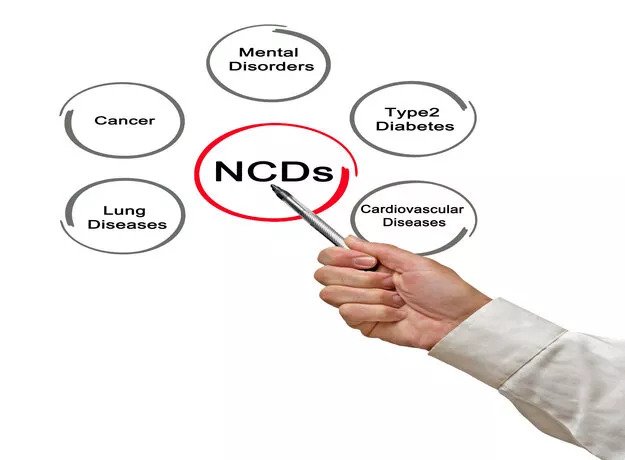Epidemiology of Noncommunicable Diseases
Description
This course will provide an overview of the epidemiology, risk factors, etiology and public health importance of major non-communicable diseases including cardiovascular diseases, diabetes, cancer, chronic lung disease, mental disorders, and injury. The course addresses measurement issues in chronic disease epidemiology with respect to both exposure assessment and measurement of outcome along with practical considerations involved in conducting chronic disease epidemiology research.
The course will cover social determinants and physiological risk factors of the most common non-communicable diseases. It will present methods for measuring the burden of non-communicable disease, review approaches to program and service development to modify risk factors and discuss implications for health services and policy development.
Learning Outcomes
- Define the scope of non-communicable diseases epidemiology and appreciate the changing importance of non-communicable diseases as a major public health burden in different parts of the world
- Describe the epidemiology, trends, and burden of major non-communicable diseases
- Calculate prevalence, incidence, and mortality and apply definitions of DALY and QALY to describe the burden of main non-communicable diseases
- Measure and analyze main determinants of non-communicable diseases and understand the impact of social determinants and behavioral factors on non-communicable diseases
- Introduction to Epidemiology of Non-Communicable Diseases
- Introduction to NCDs
- Epidemiologic Transition
- NCDs Risk Factors
- Epidemiology of NCDs and Global Burden of Diseases
- Measures of Burden for Non Communicable diseases


Certificate
